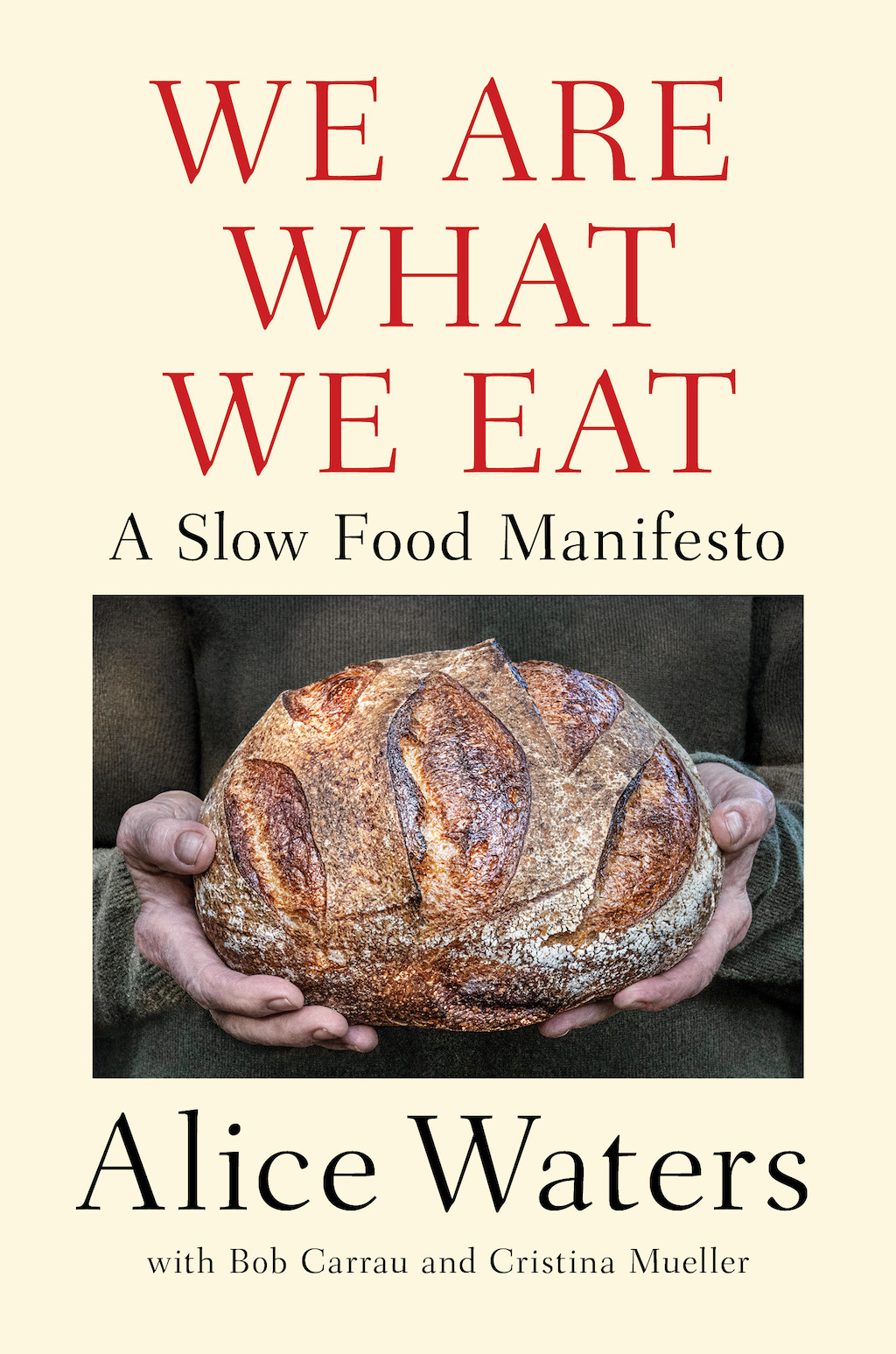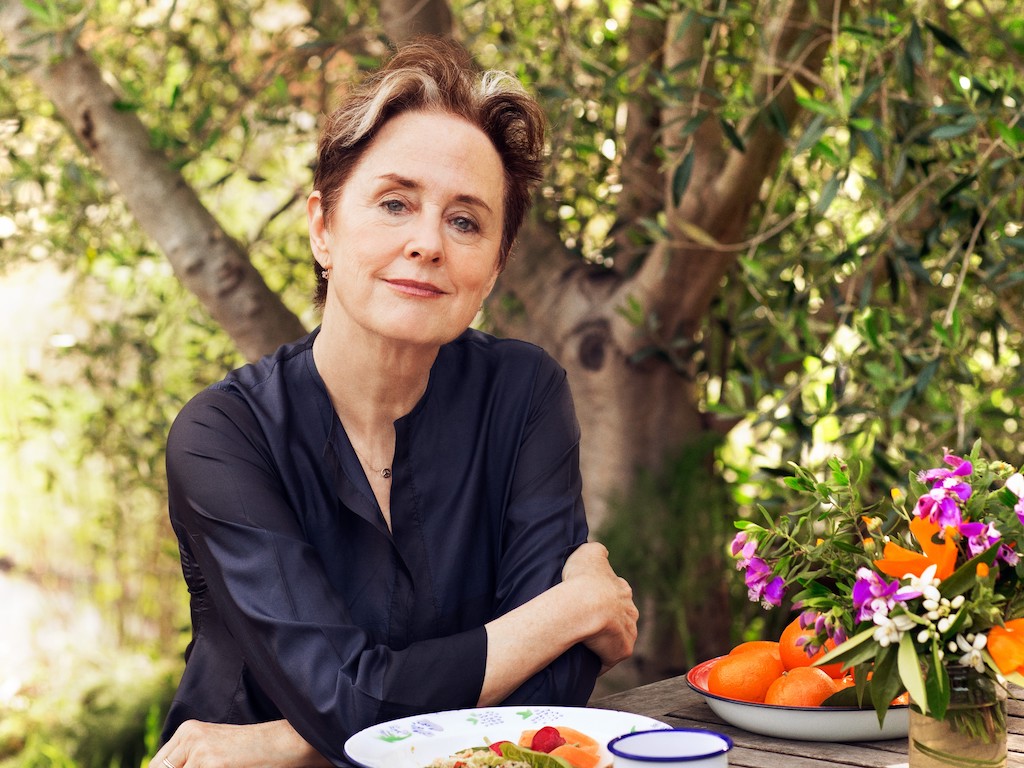3 Mins Read
Renowned restaurateur, chef and food activist Alice Waters is putting her slow food philosophy front and centre of solving some of the biggest planetary and health challenges we face. In her new book We Are What We Eat, the farm-to-table pioneer makes her passionate case for a radical rethinking of the way we cook and eat in order to transform how we live, the culture we nurture and our relationship to nature.
It’s been fifty years since Waters opened her famous Berkeley, California restaurant Chez Panisse, the very establishment that gave her the nickname the “Mother of Farm-to-Table”. She’s since been credited with carving out an entirely new space in the food world for organic, locally-grown produce, in what became known as California cuisine, and is known for her activism, founding the Edible Schoolyard Project to introduce food education into thousands of schools across the country.
The Slow Food Way
At the core of her philosophy, though, was always something beyond food. What fast food culture represented to Waters, even back in 1971, was a pervasive culture that was not only ruining our health with cheap, available, speedy food. It was an active breaking down of the way we live and relate to one another as humans. Today, we live in a barrage of pre-packaged frozen dinners, drive-thru takeaways and online meal deliveries that have taken away the human element of feeding people with dishes made by hand, using fresh ingredients.
That’s the story she picks up on in her new book, We Are What We Eat: A Slow Food Manifesto, which hit the shelves earlier this month.
Waters reflects on her decades of experience in the food industry and activism world, learning about how menus change with the seasons, the rising dangers of pesticide overuse, the plight of the very agricultural workers who supply the world with fresh produce. She also goes into the real threats – not just socially, but environmentally and economically – of large-scale, commercial industrial farming.
For her, the climate crisis and socioeconomic inequalities are inextricably linked to how we eat – thus the title of her book. Her antidote? The “slow food way”.
Food Is Culture
Central to Waters’ manifesto is the belief that the individual food choices we make are the key to building a new culture – one that means biodiversity, stewardship and the joy of making food ourselves.
“This is a declaration of action against fast food values, and a working theory about what we can do to change the course,” reads the blurb of Waters’ text. “Every decision we make about what we put in our mouths affects not only our bodies but also the world at large—our families, our communities, and our environment.”
For Los Angeles-based urban farming advocate Ron Finley, widely known as the “Gangsta Gardener” who championed guerilla farming, Waters’ latest work is an empowering story for each and every one of us to make a difference by changing what ends up on our plate.
“She teaches us that food has an intrinsic value that today’s society takes for granted,” says Finley. “Imagine what this world would look, smell, and taste like if more of us followed her lead.”

We Are What We Eat: A Slow Food Manifesto is now available in paperback and as an ebook Penguin Books, Amazon, Barnes & Noble and other bookstores.
Lead image courtesy of Amanda Marsalis.




